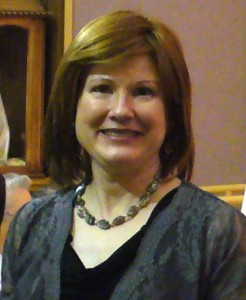The first book about chronic illness that I wrote, with rheumatologist David Hallegua, MD, was called “Taking Charge of Lupus: How to Manage the Disease and Make the Most of Your Life.” This was not the book’s original title; I’d titled it, “Lupus in Daily Life.” But, my very wise editor had a better idea, and I’m glad she made the change.
Indeed, although lupus can be confounding and often-times unpredictable, there are things over which the patient has control, and these things may also apply to people living with other chronic, serious illnesses.
One of the first things I learned is that an attitude of victimhood undermines our ability to find positive, strong solutions to problems posed by illness. Not to say that sometimes each of us cries, has a “poor me” moment, and wishes life were otherwise. But if that is all we do, all we see in our lives, then finding a way to a more positive life is going to be extremely difficult. How, then, to minimize victim-think and victim-speak?
Knowledge can take us far in understanding our illness and what we can do about it. The first and primary source of this knowledge is, of course, our medical team. We can take charge of the questions we ask during our appointments, the specifics about our labs and exams. We can learn much about the things that might trigger flares and how to avoid them, and the positive steps we can take to maximize the health that remains. We can know the names of the meds we take and what they do (and what side effects to look for). We can organize our paperwork and our lives so that we can find what we need when we need it. We can work on our communication skills so that we can be better advocates for ourselves in a medical setting, as well as socially.
Taking charge of our time is another way to minimize a victim attitude. Pour goodness, inspiration, giving, and quality relationships into the precious minutes and hours of a day. Simplify that time, too, and find healthful ways to avoid stressors that you know will aggravate your condition.
We can take charge of what we eat, and help fuel our bodies in a good way. This also extends to the things we fill our minds, hearts, and eyes with – so, the more positive our influences, the more positive we will feel.
We can understand that we cannot control the attitudes and emotions of others (this realization is extremely freeing). So, if someone close absolutely refuses to understand or be compassionate, we can take charge of setting boundaries so that that person does not harm us at a time when we might be most vulnerable.
We cannot control God, however we can take charge of our spiritual lives, the times we spend in prayer and listening to God, and the kind of time we give to deepening our faith. We can invite strength during the times when we feel lowest, and move forward more firmly from one day to the next.
Blessings for the day,
Maureen

